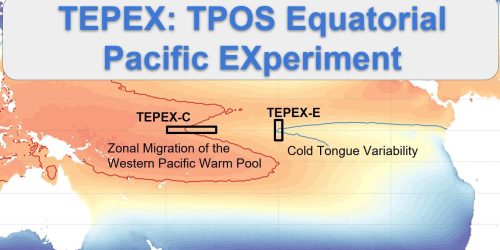The Climate Program Office’s Atmospheric Chemistry, Carbon Cycle and Climate (AC4) Program supported a new study that investigates changes in the airborne fraction (AF) of atmospheric CO2. AF is crucial for understanding the global carbon cycle’s response to human activities and natural events. AC4-funded scientist Ross Salawitch of the University of Maryland- College Park collaborated with a team of researchers to determine that Earth’s carbon sinks have maintained their efficiency from 1959 to 2021, despite increasing emissions. This project adds to a growing body of research supporting an AC4 initiative to examine and characterize long-term trends in observations of atmospheric composition.
This study, published in the Journal of Geophysical Research: Biogeosciences, provides an analysis of data from 1959 to 2021, accounting for human impacts and variations like El Niño Southern Oscillation (ENSO) and major volcanic eruptions. The results demonstrate stable AF over this period, indicating that Earth’s systems have remained remarkably consistent in absorbing CO2 over the past six decades. Understanding the stability of carbon sinks is imperative for devising effective mitigation strategies, as it provides crucial insights into the planet’s capacity to regulate atmospheric CO2 levels and temperature.
For more information, contact Clara Deck.
Image credit: Pixabay










